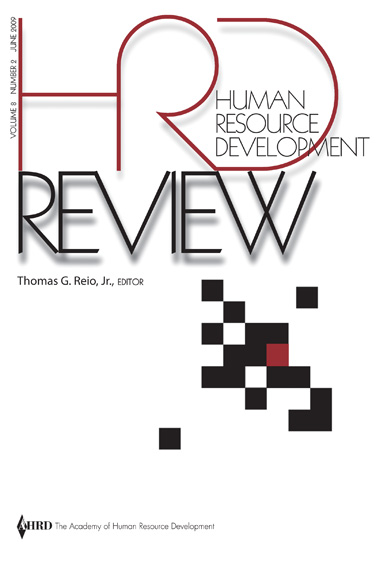A New Method for Judging the Quality of Experiential Learning
[We’re pleased to welcome Makoto Matsuo of Hokkaido University. Dr. Matsuo recently published an article entitled, “A Framework for Facilitating Experiential Learning,” in the December 2015 issue of Human Resource Development Review.]
- What inspired you to be interested in this topic?
Kolb’s (1984) Experiential Learning Model has been very popular and widely used in various research fields. However, I have never seen any literatures regarding the systematic models on facilitators of experiential learning, which made me very curious about knowing what kinds of individual capabilities that determine the quality of experiential learning, which has been known to have a strong impact on adult development.
- Were there findings that were surprising to you?
Based on the Kolb’s Model, I developed the framework by integrating different perspectives in several research fields. The framework has a multilayered structure. That is, ‘learning goal orientation’ and ‘developmental network’ are fundamental elements, which influence three other factors: ‘setting difficult goal’, ‘critical reflection’, and ‘enjoyment of work’ in facilitating experiential learning. I must say that I have been amazed by my framework–both learning goal orientation and developmental network are equally weighed and no element supersedes another.
- How do you see this study influencing future research and/or practice?
In theoretical viewpoint, the framework developed in this paper should be further examined with quantitative and qualitative research in the future. Practically, on the other hand, I truly believe that HRD managers will be able to apply this framework in leadership and management development.
You can read “A Framework for Facilitating Experiential Learning” from Human Resource Development Review free for the next two weeks by clicking here. Want to know all about the latest research from Human Resource Development Review? Click here to sign up for e-alerts!

Makoto Matsuo is a professor at Hokkaido University. His interests are in experiential learning and human resource development.




























































































